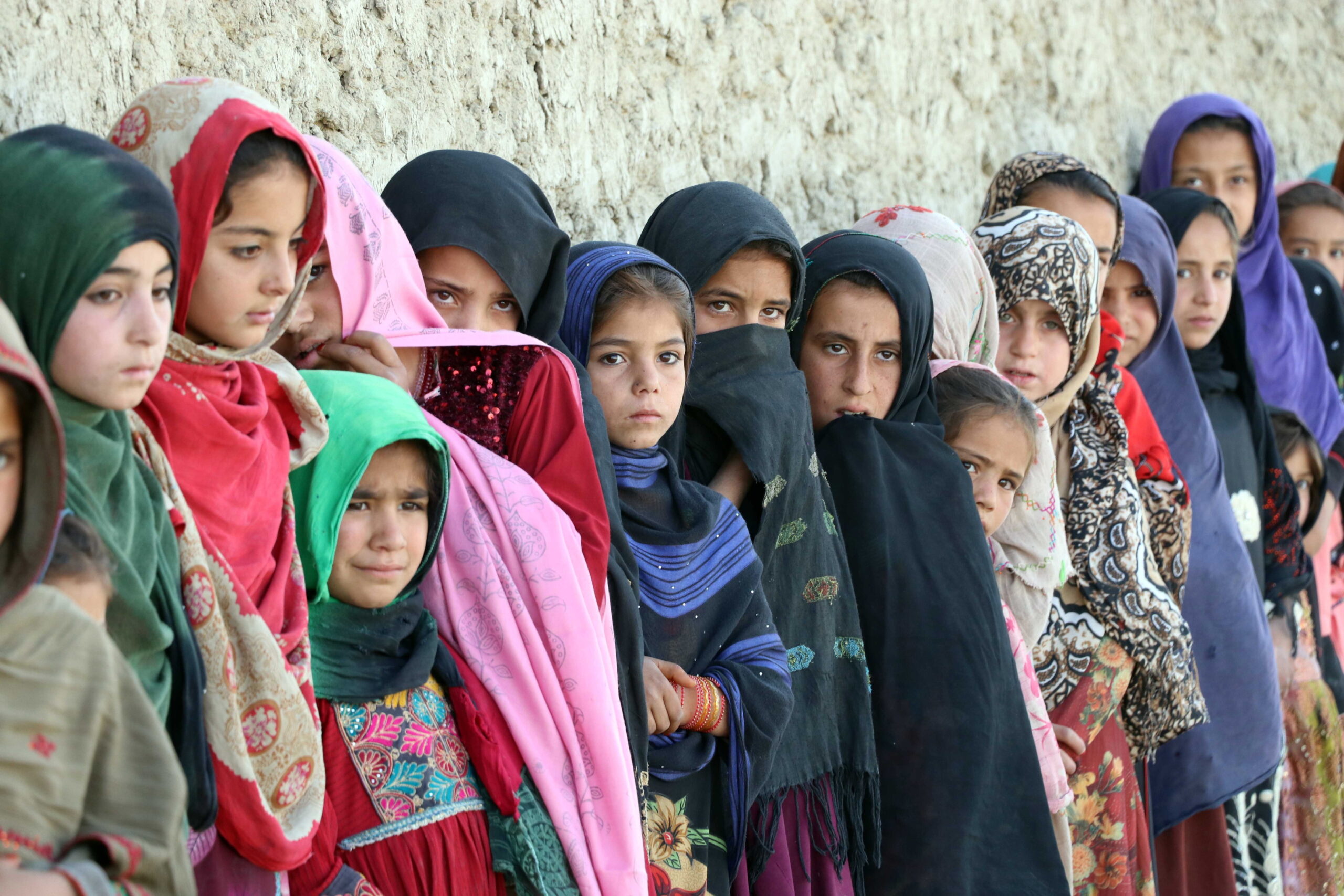The Taliban government has reminded the media this Thursday that the order that asks women to cover their faces extends to the entire population, for which it has stressed that television presenters must follow the regulations, being, in addition, a mirror in which Afghanistan is seen.
“The veil order is common to all, but media workers have not implemented it, therefore, we specifically ask them to obey the order,” said the media director and spokesman for the almighty Ministry for the Propagation of Virtue. and Vice Prevention, Mohammad Sadiq Akif.
The spokesman highlighted the importance of the media and its workers, who represent the image of society and play a vital role in propagating virtues, as well as having a strong impact on the Afghan population. “This was what the compatriots wanted, for society to have an image and a role model in the media and, also, to have a significant impact on society, therefore, we felt the need to share with the media this problem, as they definitely play a vital role,” he said.
The Taliban have thus insisted on the order made public on May 7, which decreed the mandatory use of the burqa or similar clothing that covers the entire face of women, and which was harshly criticized by the international community. One of the main Afghan channels, Tolo, has confirmed on social media that the fundamentalist government, “in a new order, required all presenters working on television channels to cover their faces while conducting programs.”
The MOBY Group, to which Tolo belongs, has received the order from members of the Ministry for the Propagation of Virtue and Prevention of Vice, who have stressed to the communication company that this is the “final verdict and is not open to discussion” . Other Afghan media outlets also reported receiving the notification.
Since the Taliban came to power in mid-August, women have seen their rights eroded, such as the closing of schools for teenage girls, the banning of many women from going to work, or the obligation that, when traveling, they be accompanied by a male member of the family.
This collides with the initial promises of the fundamentalists, who assured that they would respect the rights of Afghan women, but the reality that women live in that country increasingly resembles the time of the first Taliban regime (1996-2001), when they were confined to their homes, unable to study or work.
Behind many of these regulations against women is the Ministry for the Propagation of Virtue and Prevention of Vice, an institution that was very active during the first Taliban regime and that became extinct with the US invasion, leaving a bad memory for Afghans. for the next 20 years.
With the return to power of the Taliban on August 15, the institution returned, installing itself, precisely, in the now defunct Ministry of Women.
Conforms to The Trust Project criteria
















